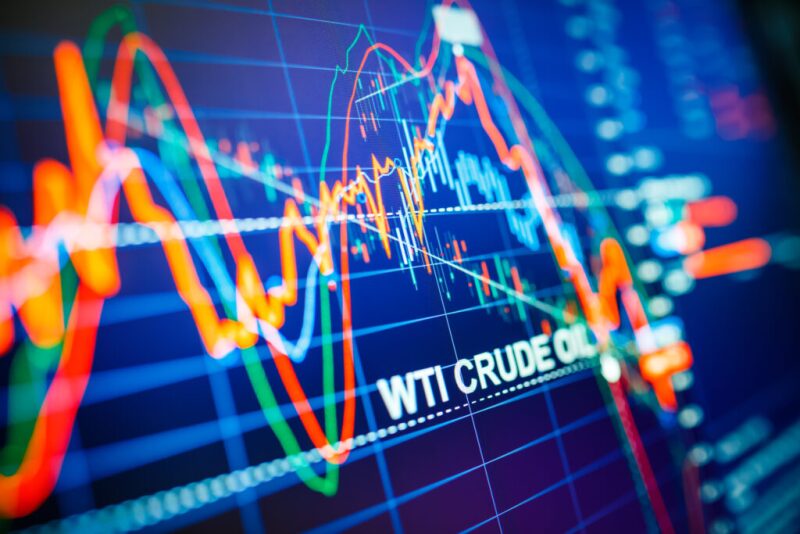The group known as OPEC+ has continued its streak of bringing good news to oil markets after it decided to continue a modest supply increase at its latest meeting.
Brent futures rose more than 1% on Tuesday and closed the trading session at $70.25/bbl, marking the highest settlement price the European benchmark has seen since May 2019. West Texas Intermediate (WTI) contracts were up by 2.1% and closed at $67.72/bbl, the highest prices for US oil since October 2018.
OPEC+ said at Tuesday’s meeting that it will increase its supply to global markets by 450,000 B/D starting in July. In April, the multinational alliance of oil producers agreed to raise output by at least 2 million B/D by July. That will bring OPEC+ production to about 4 million B/D above where it was more than a year ago when the COVID-19 pandemic sparked a price war between Saudi Arabia and Russia.
OPEC+ noted in its press release issued after the meeting that oil demand is “showing clear signs of improvement” thanks to COVID-19 vaccine programs that are leading to economic recoveries around the world.
Market analysts were largely unsurprised by the decision. “The outcome is one we expected and built into our base case,” said Ann-Louise Hittle, a vice president at Wood Mackenzie.
“Sticking to increases planned at the April meeting is what the market needs. Demand growth is outpacing supply gains even with the agreed month-by-month OPEC+ production increases taken into account,” she added.
Rystad Energy added that markets are approving of the steady increases because they trust OPEC+ will not become too aggressive and tip the balance toward oversupply. “This is the enthusiasm that has sent Brent front-month futures above $70 per barrel this morning, exactly on par with Rystad Energy’s call for $70 per barrel Brent this summer,” said Louise Dickson, an oil markets analyst at Rystad.
The Oslo-based consultancy is tempering its expectations for the future, warning that vaccination programs may not result in global herd immunity and therefore more national lockdowns are possible.
“Despite this steady recovery, the growth rate of oil demand won’t be strong enough to allow a full recovery to pre-virus levels. We will need to wait until 2022 to see demand fluctuating around 2019 levels,” added Dickson.


